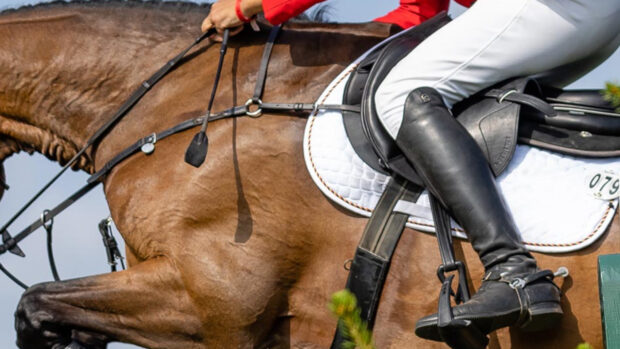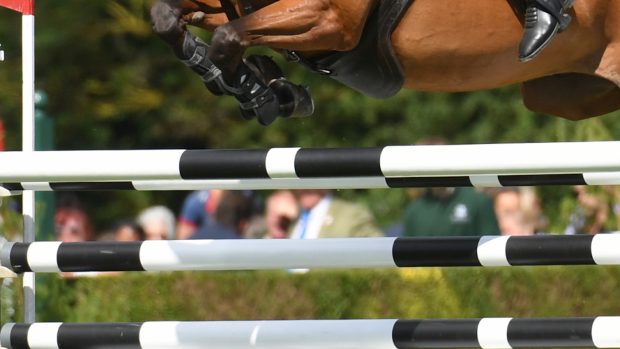The International Jumping Riders’ Club (IJRC) believes officials should be able to use their discretion in dealing with cases of blood on horses.
The IJRC is proposing amended blood rules, which would mean sanctions given to riders would be “appropriate to the violation”.
The official would take into account whether the violation was voluntary or involuntary, as well as any aggravating or extenuating factors, and whether or not it was a first offence.
“If these aspects are not considered, we cannot describe it as ‘sporting justice’. ‘Sporting injustice’ would be a more appropriate term,” said an IJRC spokesman.
The FEI’s current blood rules state automatic elimination if a horse’s flank is bleeding. A new protocol for dealing with such cases was introduced by the FEI in July 2016.
But the IJRC says that the “application of a norm should be preceded by a thorough and accurate consideration of the implied consequences and on the appropriate preparation of judges and stewards”.
“In addition, a norm that dictates the immediate disqualification of a rider/horse should be accompanied by specific procedures during the implementation of the rule,” the spokesman added. “In the case of the blood rule, these procedures arrived a little late.”
The IJRC pointed out that in a constitutional state, such as Switzerland where the FEI is based, laws or norms are decreed, but then judges examine each case on its individual merits.
“Punishing those who fail to respect the welfare of a horse is certainly right,” said the IJRC spokesman. “However, a norm cannot deal out summary justice. General principles of legal rights must be respected in every case.
“Our proposal would have the effect of presuming the rider’s innocence in the FEI court.
“In some countries (Switzerland, Italy and France) disqualification for abusing a horse, as stated under the current norm, leads to the automatic opening of a penal prosecution by the state court.
“The intention of those who drew up the blood rule was certainly not to open an automatic penal prosecution under state law if the violation was accidental.”
Continues below…
Related articles:
- ‘I’m utterly devastated’: drama on final night of Olympia as winner is eliminated
- FEI introduces new ‘blood rules’ protocol
- Further disqualifications under blood rules and an official protest in Rio showjumping
The IJRC says it has no intention of causing controversy, but would like to meet the FEI’s legal department to discuss sanctions for the blood rule.
“We are convinced that continuous collaboration will lead to an agreement that sanctions those who violate a norm in a manner that fits the individual violation of the rule,” the spokesman said.
The FEI said the matter is due to be discussed at a meeting with the IJRC this month.




